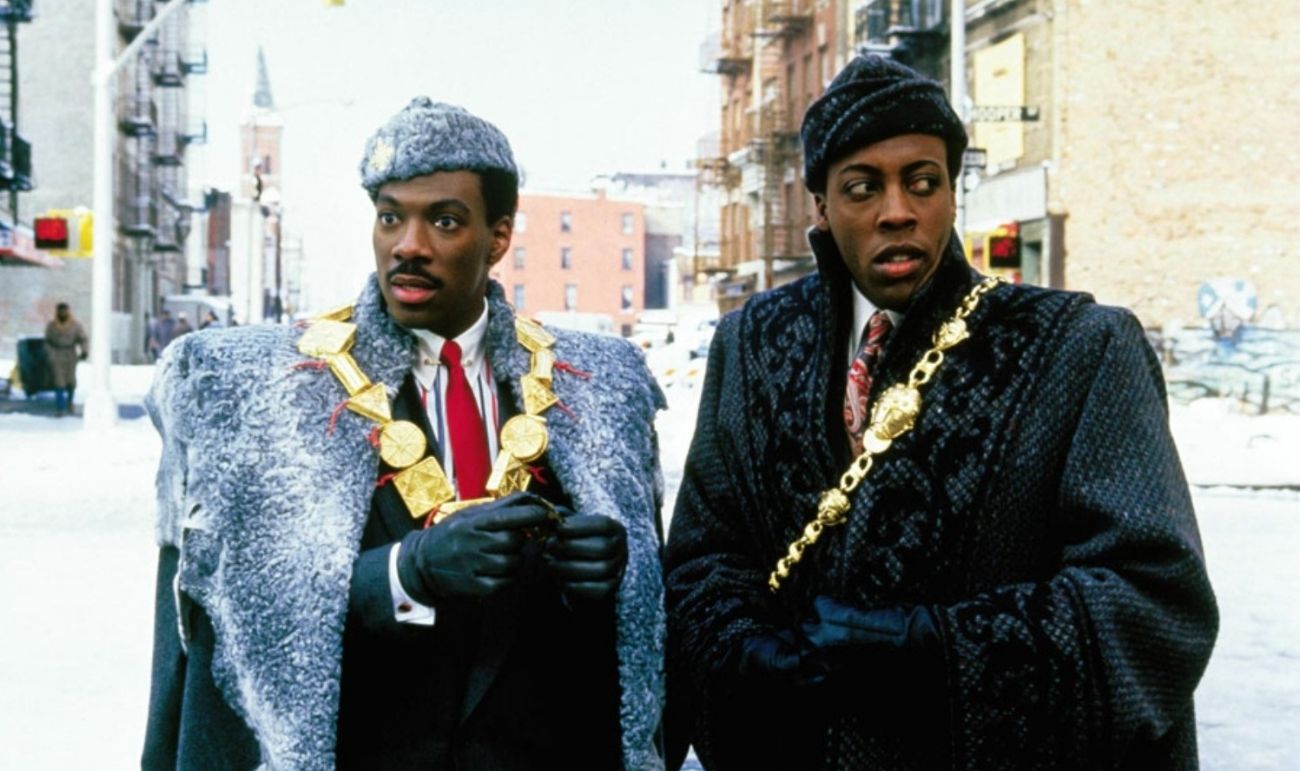
The Inner Light of Heroes
There are individuals who effortlessly command attention when they enter a room. No need to glance in their direction; you sense their presence throughout your body, as if they exude a mysterious power, almost sending tingles down your fingertips. We often jest that movie protagonists move in slow motion, ignoring explosions, as though the world around them behaves differently, pausing to acknowledge their presence.
As a young girl, I dreamt of becoming such a remarkable figure – a hero in the eyes of the world. Although that moment eluded me for quite some time, I’ve encountered it many times in my adult life. I still remember the taste of it and fondly recall those moments. I’ve achieved it before, and I know it’s theoretically within reach, but it’s deceptively simple yet challenging to attain without a significant dose of mindfulness.
My reflections on this phenomenon deepened as I recently rewatched “Coming to America,” a film beloved by many, which in Poland is often aired around Christmas. Akeem, the prince of a fictional African nation, embarks on a journey to America to explore the world and find a wife not chosen by his parents. Despite concealing his royal status and background, he attempts to blend in as an economically challenged resident of Queens. Akeem’s inner light remains impossible to hide. He dresses like the others, lives in a poor neighborhood, resides in a small working-class apartment, and works in the lowest possible position, cleaning in a fast-food restaurant. Everyone who encounters him senses that “there’s something different about him.” Almost everyone, because those who are superficial might not see it, even though it’s right under their noses. Their blindness limits them.
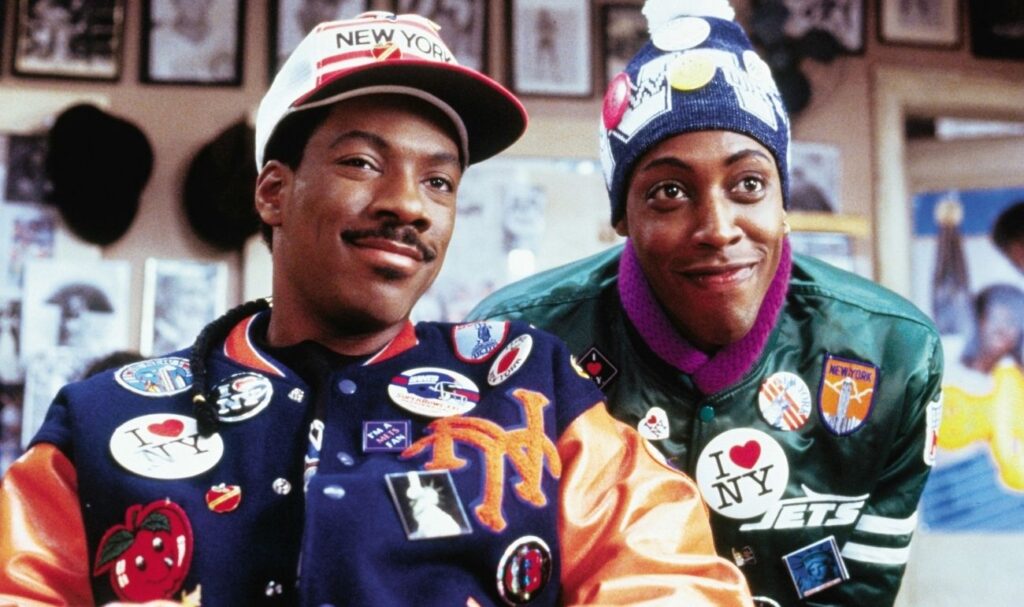
So, what is this inner light? I propose a theory that it’s nothing more than a robust sense of self-confidence instilled through upbringing and nurtured into adulthood. It’s enriched with self-awareness, mindfulness, charisma, and a positive attitude, creating an enviable, explosive mix.
Akeem’s upbringing in a royal family emphasized his uniqueness from a young age. When parents and those closest to you consistently affirm your worth and uniqueness, you accept it as indisputable, much like the sunrise. In the palace, the prince interacted with numerous strangers, household staff, foreign dignitaries, and countless people eager to converse with him or merely share the same space. The outside world didn’t have a chance to erode his belief in his uniqueness; instead, it reinforced it. If the film’s protagonist had grown up in the “ordinary world,” his self-image, influenced by his parents, would likely change quickly during initial interactions with peers.
When I was a child, I loved to sing, and I did so whenever the opportunity arose. These impromptu home concerts, featuring songs from the likes of Britney Spears and the Spice Girls (I can’t hide the fact that I’m a millennial), were where I showcased my passion. My mother consistently praised my singing, often emphasizing how beautifully I sang and how much talent I had. I wholeheartedly believed her.
However, my first painful encounter with doubt occurred when I was just six years old. I wanted to perform on stage during a children’s festival. The event allowed anyone willing to present their favorite song and win lollipops. My mother was horrified by my idea, and she even offered me sweets not to perform. She feared that I would embarrass myself and, by extension, her. Whether I would have succeeded or failed, we’ll never know. That’s when shame took root in me.
I clung to my belief in my talent for years, at least until my time in middle school. I volunteered to sing a hymn in the church during mass. I attended a private Catholic gymnasium where we began each weekday with a school mass. I vividly recall starting to sing, only to be met with laughter from my classmates. Looking back now, it’s unclear whether they laughed because I was off-key or simply out of defiance and boredom. Regardless, that was the last time I sang in public. The experience shook my faith in myself and my abilities to such an extent that I still speak more softly when I’m stressed or feeling insecure.
The external world can significantly influence a child’s self-esteem, which is often untouched by judgments and opinions. Akeem, the character from ‘Coming to America,’ never had the opportunity to experience such doubt because he received unwavering assurance of his value and uniqueness from everyone he encountered, whether sincerely or insincerely. This belief was ingrained in his upbringing and became deeply rooted in his subconscious. It was this unwavering self-assuredness that allowed him to confidently radiate his unique qualities throughout his adult life, undeterred by the judgments that often break others.
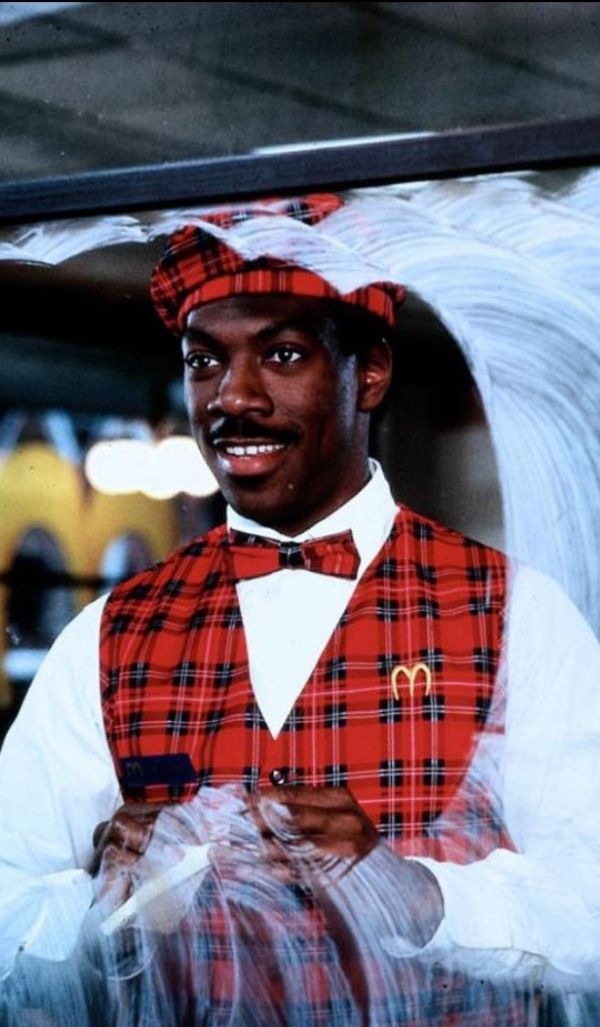
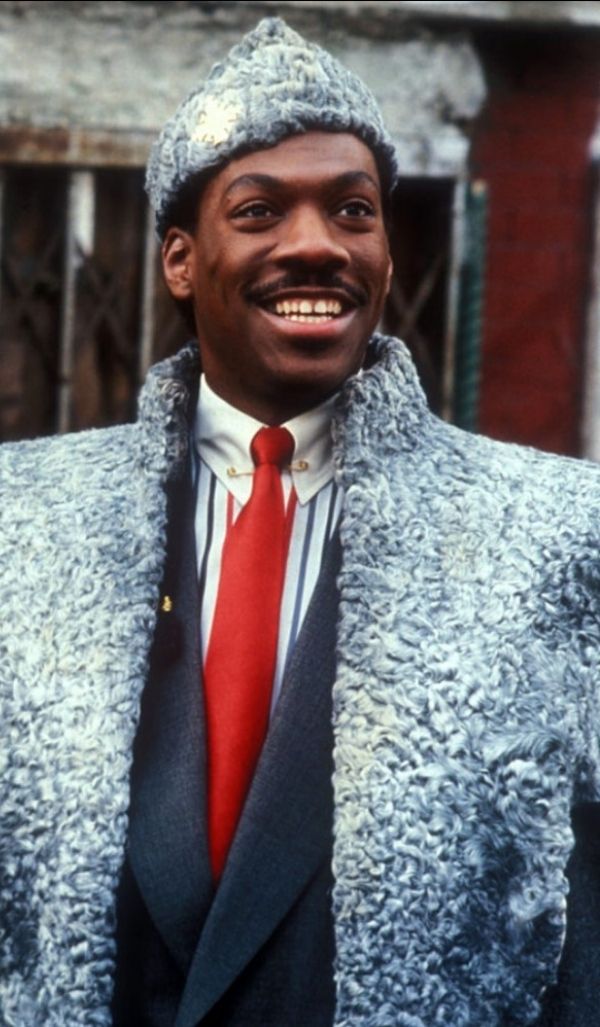
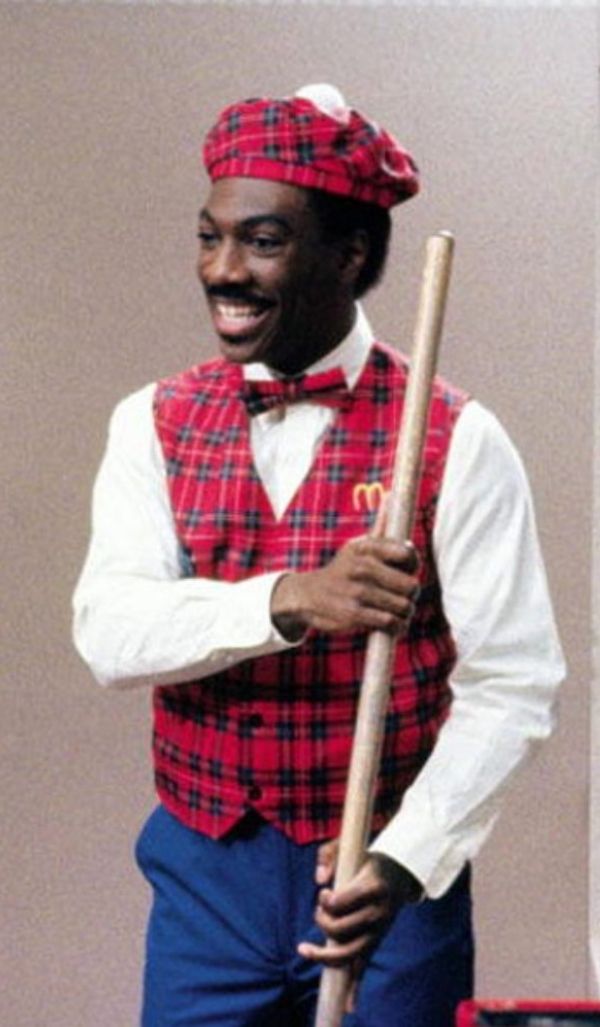
Added to this self-esteem is a generous dose of proper education, exposure to diverse experiences, and meaningful social interactions. Unfortunately, not everyone has the privilege of such opportunities. While it’s often said that education is now accessible to all on an equal footing, this assertion falls short of the truth. The quality of our education is profoundly influenced by the economic and social status of our family, our place of birth, our origins, and the awareness of our parents.
It’s nobody’s fault that some are born into less fortunate circumstances – a family struggling financially, a location lacking access to quality schools, or a family that doesn’t prioritize education. However, individuals born into such situations face far more obstacles to overcome. Personally, I consider myself fortunate that my parents managed to send me to a private school, provide me with private English lessons taught by a native speaker, and offer tutoring when I needed it. These endeavors demanded significant sacrifices on their part, but my mother recognized the vital role of education, even though she didn’t possess a high level of formal education herself. I was fortunate to grow up in such an environment. Sadly, many of my peers did not have the same opportunities.
While I was immersing myself in art and culture, some of them were confined to their housing estates or watching Cartoon Network (if their parents were fortunate enough to afford cable). Such disparities have existed in the past, and they persist in the present. Life would have to be a utopia to ensure equal opportunities for all, and in our world, disparities will continue to exist.
"A ten-year-old at one school must have an iPad
Because the rest of the herd have it and it is not proper to stand out
Barely down the street, another kid is feeding on bread,
margarine with cheap jam"
Marika&Spokoarmia „Widok”
I also had friends who were much more affluent, with parents who were entrepreneurs, doctors, and lawyers. There was a noticeable gap between us. Some of them went skiing in the Alps, while I spent time with my grandmother in the countryside. When I was on a school trip in Italy, they would send me postcards from exotic places like Tuscany or Cape Verde. As I was starting my own company and delving into the world of business, they were taking over their family businesses, gaining insights into the business world, or launching their careers as neurosurgeons. They achieved these milestones not just through their hard work, which we must acknowledge, but also because of their family backgrounds, resources, upbringing, and the environment in which they were raised. While it’s often said that the era of class divisions is over, the reality suggests otherwise.
….Now, returning to Akeem and the recipe for becoming the main character. In addition to a strong self-esteem, a good upbringing, education, and a social network, he possessed a well-developed sense of security. He knew his goals, planned step by step how to achieve them, and executed his plans with confidence. He could afford to do so because he had the security, including financial security, to fall back on. While we often say that money isn’t everything, it does play a crucial role in providing a livelihood. When we’re concerned about our financial well-being in the near future, how can we confidently and systematically pursue our goals when we’re struggling to make ends meet? Everyone faces different challenges, and while some have greater obstacles, others find it more difficult to admit it to themselves or to others.
Who are you?
A man who never tied his shoe in his life.
Akeem "Coming to America"
Now, imagine a scenario where we are fully aware of our value, uniqueness, and safety. We know our goals, and we understand what it takes to achieve them. With heads held high, open hearts, contentment, and a positive attitude, we enter a room filled with others. In such a situation, doesn’t the hero within us emerge? Don’t the people in the room look at us and see a winner? They certainly can, for how can they not see it when we exude the confidence that we are great and came here to succeed? As I pen this article, I feel a surge of excitement and energy at its peak in my fingertips. If I’m vibrating with this energy, how can others not feel it too?
I recall an incident from last year when I was scheduled to deliver a lecture on time management. I was prepared, had written an excellent speech, was well-dressed, had a good night’s sleep, and had a satisfying lunch. People were eagerly awaiting my talk, knowing it would be worth their time based on my previous speeches. I walked onto the stage with my head held high, unhurried, gazing around the room, and began speaking in a composed voice. I felt no embarrassment, no judgment; I believed that my words held value, stemming not only from my professional experience but also from my core beliefs and heart. It was one of those moments when I felt like the main character. I wish everyone could experience such confidence every day or at least many times in their lives. Self-confidence can be cultivated, learned, and deeply felt within ourselves. Naturally, we become individuals who make their presence felt in any room, where no hall or building is too vast to contain our charisma and passion.
Once learned and experienced, it should not be forgotten. The question remains: will we notice it, recognize it, and work to ensure it isn’t suppressed?
‘Coming to America’ will undoubtedly grace our screens more than once, and perhaps it will appear on Polish Netflix. I encourage you to watch this light-hearted comedy, but pay close attention to the aspects I’ve described in this article. You’ll discover that a seemingly shallow box-office film can provoke profound reflection and even enlightenment, surpassing the impact of many serious, Oscar-winning productions. You only need to know how to look and shift your perspective. After watching the movie, take a moment to look at yourself from a different perspective, viewing yourself through the eyes of a child who recognizes their intrinsic value and significance.

Organize your life.
The first publication in the Untold product series, created to share methodology for organizing everyday life, cultivating systematic discipline, and developing proper habits. Drawing from the author's experience, knowledge, beliefs, and commonly available coaching tools, she aims to inspire you to take action and present you with a straightforward approach to achieving fulfillment and building self-esteem. Written in a simple way, it contains examples from everyday life, practical tips, exercises, and beautiful graphics. Available in e-book and audiobook.

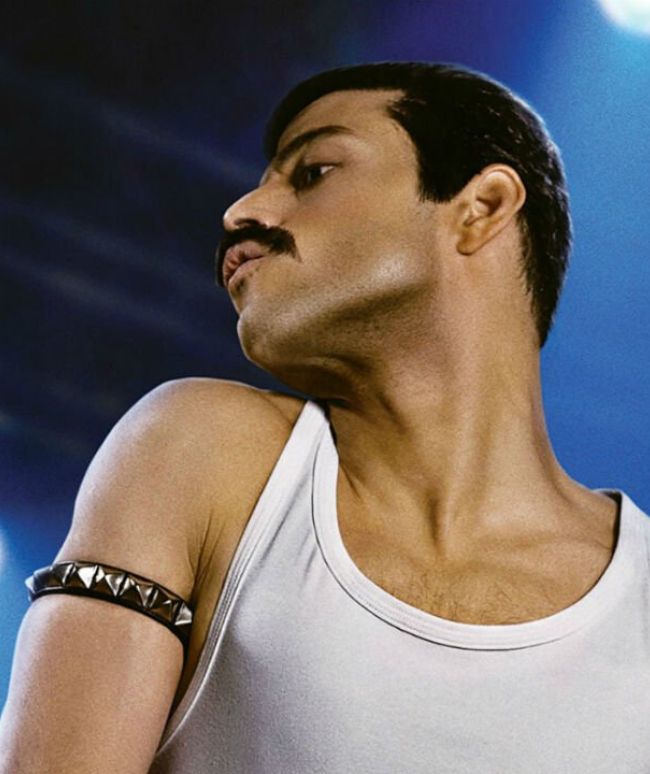


Leave a Reply